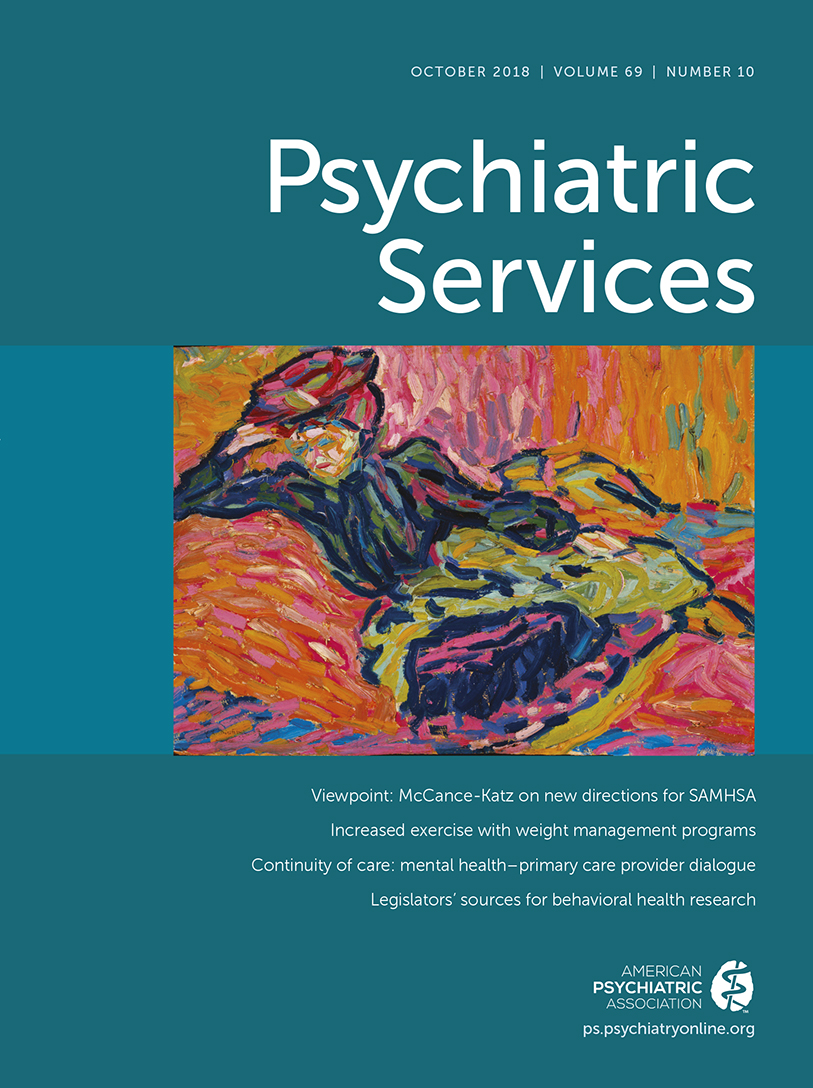The Effectiveness of a Peer-Staffed Crisis Respite Program as an Alternative to Hospitalization
Abstract
Objective:
This study assessed whether peer-staffed crisis respite centers implemented in New York City in 2013 as an alternative to hospitalization reduced emergency department (ED) visits, hospitalizations, and Medicaid expenditures for individuals enrolled in Medicaid.
Methods:
This study used Medicaid claims and enrollment data for January 2009 through April 2016 to estimate impacts on ED visits, hospitalizations, and total Medicaid expenditures by using a difference-in-differences model with a matched comparison group. The study sample included 401 respite center clients and 1,796 members of the comparison group.
Results:
In the month of crisis respite use and the 11 subsequent months, Medicaid expenditures were on average $2,138 lower per Medicaid-enrolled month and there were 2.9 fewer hospitalizations for crisis respite clients than would have been expected in the absence of the intervention (p<.01).
Conclusions:
Peer-staffed crisis respite services resulted in lowered rates of Medicaid-funded hospitalizations and health expenditures for participants compared with a comparison group. The findings suggest that peer-staffed crisis respites can achieve system-level impacts.




